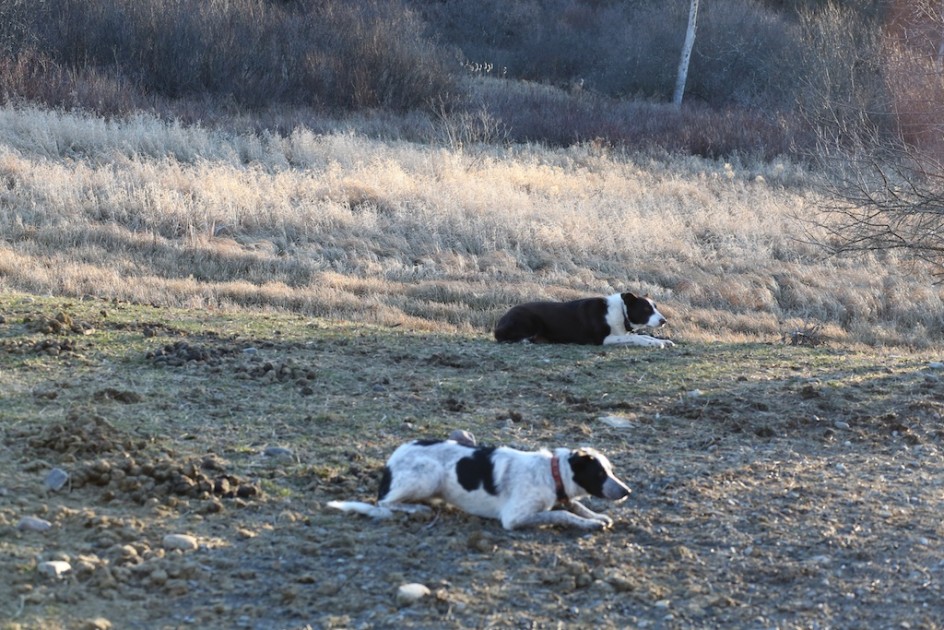
My first job in mainstream journalism was as an editorial assistant – they called it a copy boy then – at the New York Times. Harrison Salisbury, a mythic journalist whose copy I carried back and forth, sat me down one day and told I had to be ruthless to be a journalist.
Some years later, my first editor – she worked at Bantam Books – sat me down for coffee and told me I had to be ruthless to be a book writer.
I took them both at their word and was often ruthless. As a reporter, I often sat by the bodies of dying people on remote roads after accidents recording their last words before the police arrived. I stole photographs of dead sons and daughters from fireplace mantels so we would have a picture for the paper. I called parents on the phone very night and asked them if they had anything to see about their sons who had been killed in Vietnam.
I went where I was not wanted and not welcome, I could always find the window to crawl through, in people, in buildings.
As a book writer, I ran through agents, wrote a book a year for 27 years, toured the country at readings, did thousands of interviews, nothing but my daughter ever came ahead of my writing. I endured countless rejections, criticism, financial challenge.
I am still a writer, and it is still true that I have to be ruthless at times to do what I do, I suppose it is an integral part of creative life, and of me now. I meet a lot of ruthless people along the route, harder people than me.
Today, I read a wonderful new novel from Elizabeth Strout (Olive Kitteridge) called My Name Is Lucy Barton.
There was an especially beautiful passage beginning on Page 177 where the protagonist, Lucy Barton, is told by a neighbor in New York City that she had to be ruthless if she was to become a writer.
“And I think how I did not go to visit my brother and sister and my parents because I was always working on a story and there was never enough time. (But I didn’t want to go either.) There never was enough time, and then later I knew if I stayed in my marriage I would not write another book, not the kind I wanted to, and there is that as well. But really, the ruthlessness, I think, comes in grabbing onto myself, in saying: This is me, and I will not go where I can’t bear to go – to Amgash, Illinois – and I will not stay in a marriage when I don’t want to, and I will grab myself and hurl onward through life, blind as a bat, but on I go!
This is the ruthlessness, I think.
My mother told me in the hospital that day that I was not like my brother and sister: “Look at your life right now. You just went ahead and….did it.” Perhaps she meant that I was already ruthless.”
__
A fine novel touches us in that way, we can see ourselves in it.
Maria had read the same book just before I did, the minute I heard of it I bought it for her, and knew it was for me as well. We just looked at one another and understood without words how life sometimes requires us to be ruthless in order to grab hold of ourselves and and hurl onward through life.
